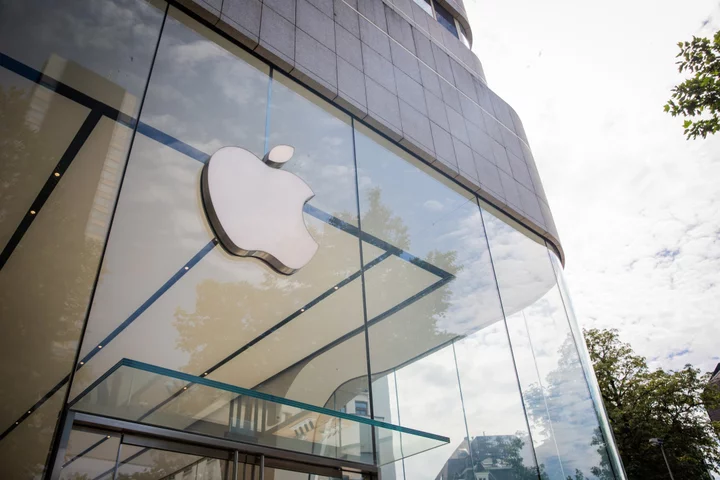A former Apple engineer has been charged with stealing trade secrets, specifically concerning the company's work to develop self-driving cars.
The U.S. Attorney's Office for the Northern District of California announced on Tuesday that software engineer Weibao Wang has been indicted by a federal grand jury. Though the case was only made public this Tuesday, the investigation into Wang began back in 2018. According to the allegations, Wang began working as a software engineer at Apple in Mar. 2016. Over two years later in Nov. 2017, he signed an employment agreement with another company that was also allegedly developing self-driving cars.
However, Wang reportedly neglected to inform Apple of his new position or resign from his job for four months, only leaving in April 2018. A subsequent review of his past activity on Apple's network determined he had accessed "large amounts of sensitive proprietary and confidential information" within days of his departure from the company.
SEE ALSO: You can now listen to official concert set lists on Apple MusicWang's California home was searched in Jun. 2018, at which time Apple data was discovered, however he promptly left the U.S. for Guangzhou, China.
The U.S. Attorney's Office did not reveal the name of Wang's second employer, but did state that it was a "U.S.-based subsidiary of a company headquartered in the People’s Republic of China."
What's notable about the case is the sheer scope of data allegedly stolen by Wang. According to the indictment, in 2016 he stole (or attempted to steal) the "entire autonomy source code." Wang also allegedly stole an "architecture design for an autonomous system," as well as "descriptions of hardware systems, including architecture, modules, power, and inputs."
Featured Video For You Peugeot’s “Inception” concept car introduces electronic steeringApple's self-driving project, codenamed Project Titan, has reportedly been in development for years, hitting numerous roadblocks along the way. Last we heard of it, the company scaled its ambitions down from a fully autonomous, steering wheel-less vehicle to launching a car that can autonomously drive on highways only (which some modern cars can to some degree) by 2026.









